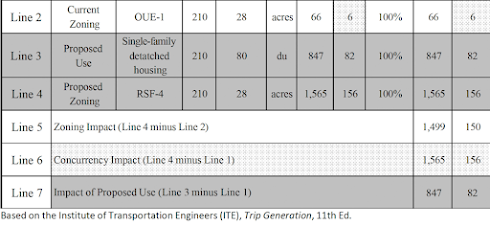Phishy rebates and more from phony IRS scammers
Laura shares this timely article:
The IRS has posted an article specific to phishing and scams using the IRS name on their website. The full article can be found at the following address: http://www.irs.gov/newsroom/article/0,,id=178061,00.html
An excerpt provided by the CSIS SIRT Team is below.
Summary: Even before Congress passes an economic stimulus package, identity thieves are using promises of tax rebates to trick people into revealing financial and personal data, the Internal Revenue Service warned Wednesday.
Description:
The most recent scams brought to IRS attention are described below.
Rebate Phone Call
At least one scheme using the word "rebate" as part of the lure has been identified. In that scam, consumers receive a phone call from someone identifying himself as an IRS employee. The caller tells the targeted victim that he is eligible for a sizable rebate for filing his taxes early. The caller then states that he needs the targets bank account information for the direct deposit of the rebate. If the target refuses, he is told that he cannot receive the rebate.
Refund e-Mail
The IRS has seen several variations of a refund-related bogus e-mail which falsely claims to come from the IRS, tells the recipient that he or she is eligible for a tax refund for a specific amount, and instructs the recipient to click on a link in the e-mail to access a refund claim form. The form asks the recipient to enter personal information that the scamsters can then use to access the e-mail recipient's bank or credit card account.
In a new wrinkle, the current version of the refund scam includes two paragraphs that appear to be directed toward tax-exempt organizations that distribute funds to other organizations or individuals.
Audit e-Mail
Another new scam brought to IRS attention contains features not seen before by the IRS. Using a technique calculated to get almost anyone's attention, the e-mail notifies the recipient that his or her tax return will be audited. This is the first scam of which the IRS is aware that uses this to get the victim to respond.
Unusual for a scam e-mail, it may contain a salutation in the body addressed to the specific recipient by name. Most scam e-mails seen by the IRS are sent using the same technique used by spammers, in which hundreds of thousands of messages are sent to potential victims based on Internet address. Because of the volume, the typical scam e-mail is not personalized.
Changes to Tax Law e-Mail
This bogus e-mail is addressed to businesses, accountants and "Treasury" managers. It instructs them to download information on tax law changes by clicking on a series of links to publications on businesses, estate taxes, excise taxes, exempt organizations and IRAs and other retirement plans. The IRS believes that clicking on a link downloads malware onto the recipient's computer.
Paper Check Phone Call
In a current telephone scam, a caller claims to be an IRS employee who is calling because the IRS sent a check to the individual being called. The caller states that because the check has not been cashed, the IRS wants to verify the individual's bank account number.
Recommendations:
Anyone wishing to access the IRS Web site should initiate contact by typing the IRS.gov address into their Internet address window, rather than clicking on a link in an e-mail or opening an attachment.
Those who have received a questionable e-mail claiming to come from the IRS may forward it to a mailbox the IRS has established to receive such e-mails, phishing@irs.gov ( mailto:phishing@irs.gov ), using the instructions contained in an article titled "How to Protect Yourself from Suspicious E-Mails or Phishing Schemes." (http://www.irs.gov/individuals
Those who have received a questionable telephone call that claims to come from the IRS may also use the phishing@irs.gov ( mailto:phishing@irs.gov ) mailbox to notify the IRS of the scam.


Comments